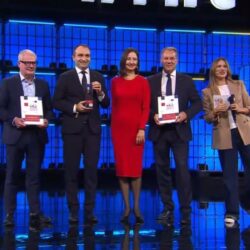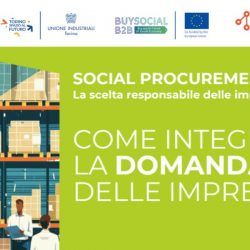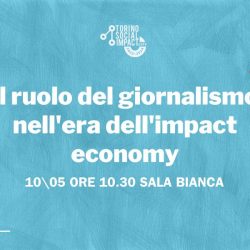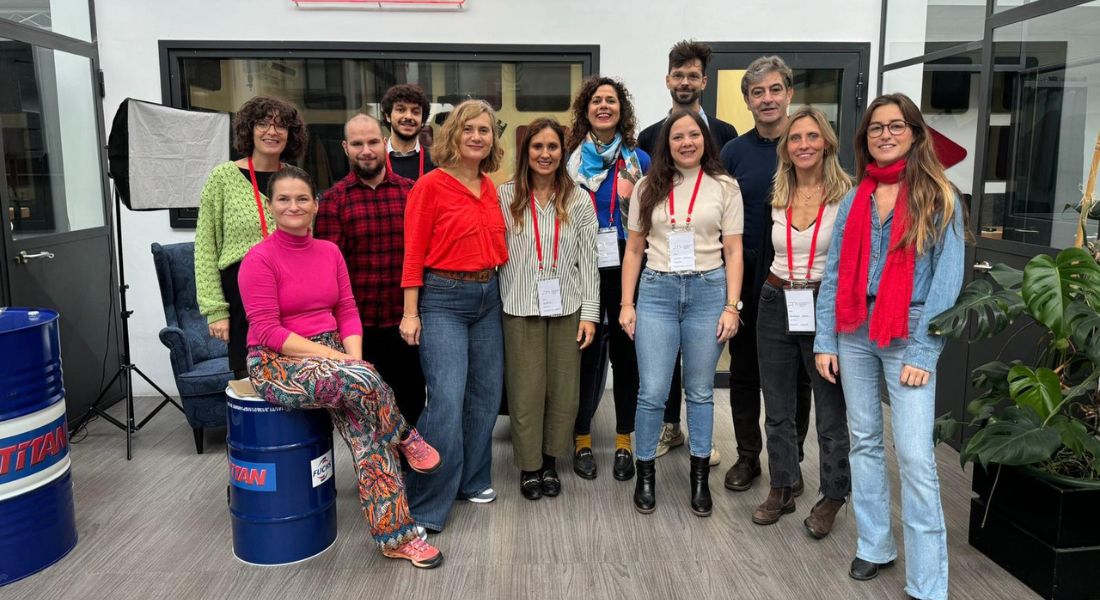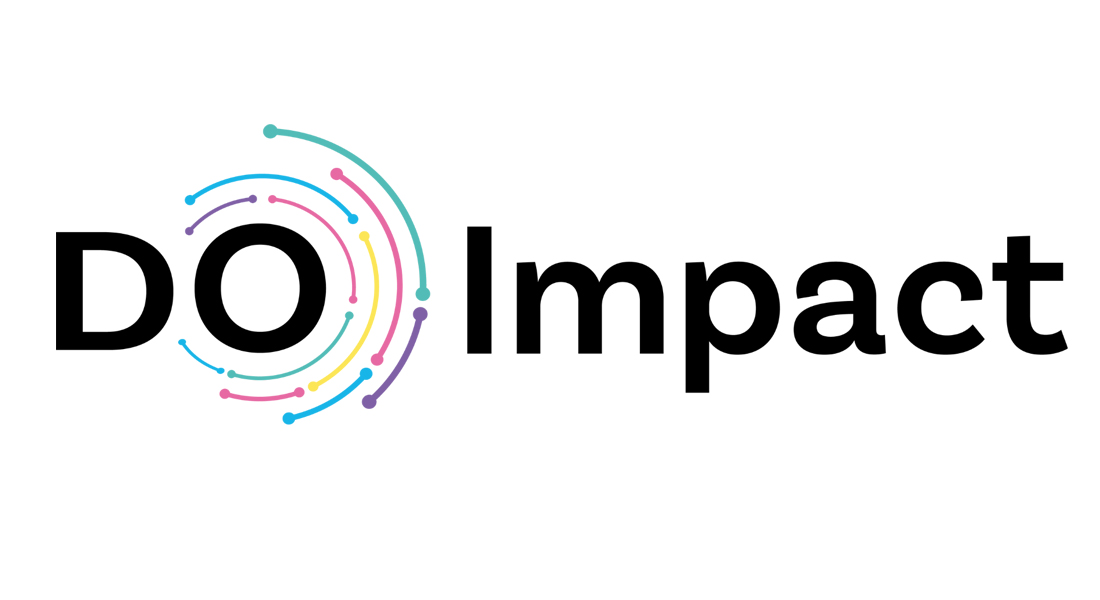On September 30 and October 1, 2024, the kick-off of the DO Impact project took place at ZIP News in Turin. This European initiative aims to enhance the social economy by facilitating the adoption of digital solutions and data-driven models for small and medium-sized enterprises in the sector. The event brought together consortium partners, marking the official start of an ambitious project that seeks to harness the potential of digitalization to increase the social impact of organizations.
During the two days of work, participants, representing various European organizations, explored the project’s objectives, shared vision, and the methodology to follow. Among the partners present were Fondazione Piemonte Innova, Diesis Network, Torino Social Impact, Cluster Digital de Catalunya, Tiresia – Politecnico di Milano, Taula d’entitats del Tercer Sector Social, Coompanion Gothenburg, Social Entrepreneurship Association of Latvia, and Lithuania Social Business Association.
The Need for Digitalization in the Social Economy
One of the key topics that emerged during the kick-off was the recognition of the need to accelerate the digitalization of social enterprises. Currently, many of these organizations operate with a low level of technological integration, despite the clear potential that digital tools could offer. In particular, it is crucial to invest in training for key skills such as data science, process innovation, and the development of more advanced social business models.
Digitalization represents an opportunity for social economy organizations, allowing them to improve operational efficiency and offer more sustainable services. However, it was noted that many current digital solutions are not yet adequately tailored to the specific needs of these organizations.
Key Moments of the Kick-Off
The kick-off began with a presentation of the participating organizations and an overview of the DO Impact project. On the first day, discussions focused on the current state of the social economy in Europe, its level of digitalization, and data usage. A central moment was the workshop, structured in the “World Café” format, which provided participants with the opportunity to discuss key stakeholders to involve, key sectors for the development of the social economy, and strategies to activate local ecosystems. This exchange helped outline an initial roadmap for defining the project’s future activities.
The second day addressed the project’s management and financial aspects, along with communication and dissemination strategies, which are essential to ensure the initiative’s success and to spread the results on a European scale.
The event was an important opportunity for dialogue and planning, reinforcing the consortium’s commitment to an inclusive and sustainable digital transition for social economy organizations in Europe.
Popular
